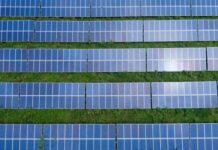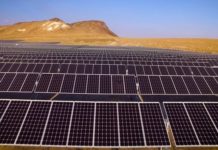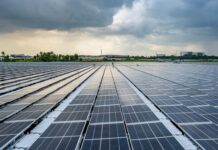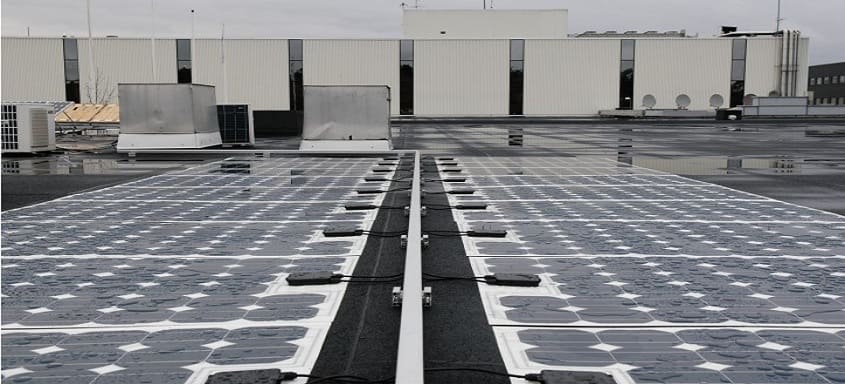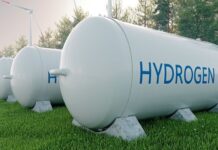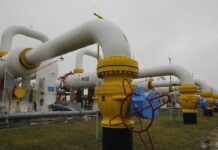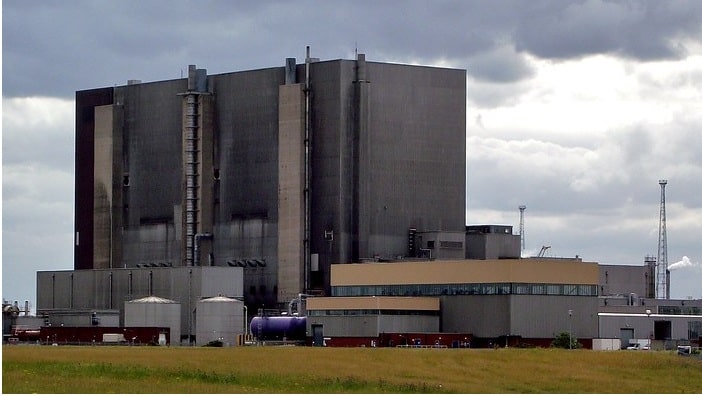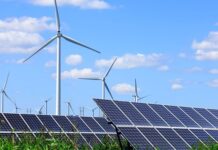Nuclear-powered Unit 2 is back in operation at Hartlepool Power Station in northeast England, but it’s operating in a unique way as staff deal with the constraints of the COVID-19 pandemic, similar to other plants around the world.
The second reactor at the 1,100 MW plant restarted recently following a planned maintenance and refueling outage. It delivers carbon-free power to about two million homes in the region.
And it’s now operating under special conditions as owner EDF Energy and plant staff manage around the health crisis. “Vulnerable” staff has been kept at home while the healthy remainder are working to manage operations at Hartlepool.
“I would like to thank all the staff, and contract partners, in returning the reactor to full power during these difficult and challenging times,” staff station director Craig Dohring said in a statement. “A huge amount of work has gone into ensuring we can continue to provide low-carbon electricity to homes and industry.”
EDF is working with the nation’s National Grid to ensure the country has enough electricity, along with regulatory insights from the Office for Nuclear Regulation and the Environment Agency.
“It is an unprecedented situation for all of us, but we are working through our well-rehearsed plan to ensure we look after our staff and contract partners, and then make sure we can continue to keep the site running and producing low-carbon electricity,” Dohring added.
Power plants around the world are not immune to the virus that has raced around the world, infecting more than 2.5 million people and killing more than 171,000 so far. The United Kingdom alone has more than 125,000 confirmed cases and 16,509 deaths, according to the most recent count by Johns Hopkins University Coronavirus Resource Center.
Ordinarily, Hartlepool has about 530 full-time EDF Energy employees and more than 200 full-time contract partners. It went into operation in 1983 and is scheduled for retirement in four years, according to reports.




